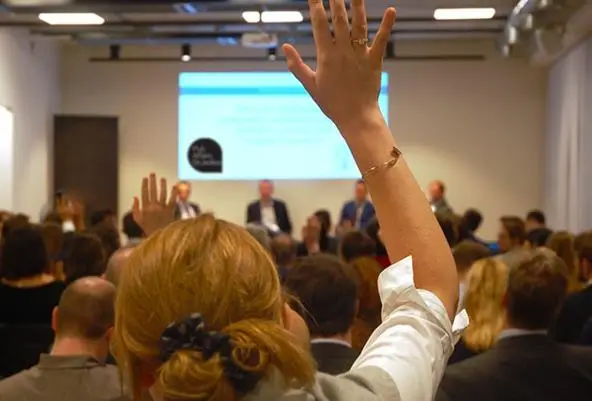We are delighted to invite you to an event which will be held on Tuesday, 10th of October at 17.00.
This event will consist of an afternoon of discussion surrounding the decarbonisation of road mobility and the future of the European car industry. The event will also be an opportunity to discuss the rationale of the measures contained in the Euro 7 proposal with our distinguished speakers:
- Mr Alberto Ruiz-Rodriguez, Industry Attaché, Spanish Presidency of the Council of the European Union, who will hold a keynote speech;
- Mr Marian-Jean Marinescu MEP (EPP/RO), ENVI Vice-Chair;
- Ms Anna Krajinska, Manager, Vehicle Emissions and Air Quality, Transport & Environment;
- Dr Johannes Schmid, Head of Emissions and E-Mobility Policy, BMW Group.
The debate will be moderated by Dave Keating, Journalist and Brussels Correspondent for France 24.
This event is public and will be held online.
This event is kindly supported by
About the debate
As outlined by both the Fit for 55 package and the EU Green Deal’s target to cut net greenhouse gas emissions to 55% below 1990 levels by 2030, EU Institutions have been increasingly focused on the question of emission reduction across Europe for both the climate and pollution-related issues which have emerged over time. Within this context, following a public consultation, the European Commission presented a proposal last year to steer road mobility and transport towards the Green Deal zero-pollution targets. The proposal aimed to bring the Euro 6 provisions together under one single set of rules, regardless of the fuel type, namely Euro 7 standards.
Under this proposal, the lowest emission values possible should be mandatory for cars and vans, with different limits for buses and lorries, while particles shed from brakes and tires will also be regulated for the first time in order to reduce pollution. The new legislation was designed in parallel with the adoption of the revision of CO2 emission performance standards and a proposal to improve air quality standards, both put forward in order to reduce pollutant emissions such as CO2, particulate matter (PM) and Nitrogen Oxides (NOx).
Although there has been widespread consensus on the necessity to reduce pollution, especially in urban areas, combat climate change and foster green innovation in the road mobility sector, this legislative action has been unarguably controversial from the outset. Indeed, since the Euro 7 standards have been unveiled, disagreements among industry representatives, NGOs, MEPs and EU member states alike have progressively emerged on several pivotal questions such as the effectiveness of the measures contained in the proposal, the implications for the European car industry, as well on the timing to implement these new norms.
In fact, the European public debate has shown that there are several questions at stake upon which policymakers and stakeholders alike have expressed not only different opinions on the way forward, but also forecasted different scenarios ahead. Nevertheless, the vast majority of those who have been vocal on these matters have also maintained that the green transition should go hand in hand with innovation and the competitiveness of European industry. How will the EU be able to shape the decarbonisation of road mobility and the future of the European car industry?

Please note that your previous registration remains valid.
The event will commence online at 17.00 and will last around an hour and a half.
The audience will be able to ask questions during both the discussion and the Q&A session through sli.do #Euro7
We look forward to e-hosting you at 17.00 on the 10th of October 2023.
This is a public event, hence the Chatham House Rule will not apply.



